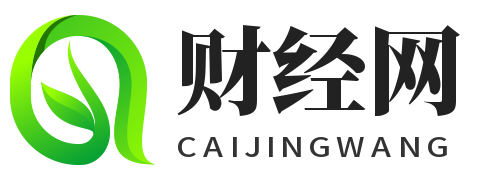期货和市场行情一样吗英文(期货和市场行情一样吗英文)
Are Futures the Same as Market Quotes?
Futures and market quotes are two essential components of the financial world that play significant roles in guiding investment decisions. While they share similarities, they also have distinct characteristics that set them apart from each other.
To begin with, futures are contracts that involve the buying or selling of a commodity at a predetermined price on a specified future date. These contracts are traded on organized exchanges and serve as a tool for hedging risks or speculating on price movements. Market quotes, on the other hand, refer to the current prices of securities, commodities, or currencies at which they can be bought or sold in the market.

One key difference between futures and market quotes is their time sensitivity. Futures prices are forward-looking and are influenced by factors such as supply and demand dynamics, economic indicators, and geopolitical events. Market quotes, meanwhile, reflect real-time trading activity and provide immediate information on the prevailing prices of assets.
Another distinction lies in the purpose of these indicators. Futures are mainly used by investors and traders to manage risks and speculate on price movements over a specific time horizon. Market quotes, on the other hand, are crucial for investors to make informed decisions about buying or selling assets based on current market conditions.
In conclusion, while futures and market quotes share some similarities in terms of providing pricing information, they serve different purposes and cater to distinct needs in the financial markets. Understanding the nuances of each can empower investors to navigate the complexities of the financial world more effectively and make well-informed investment choices.
